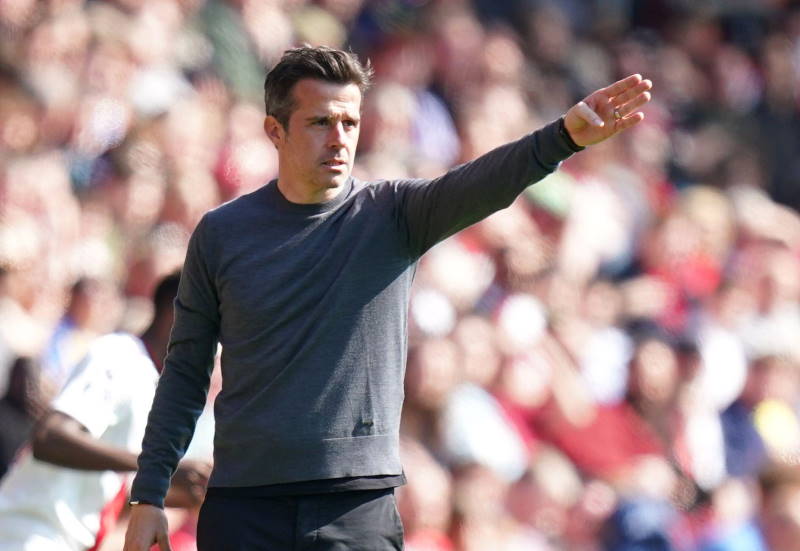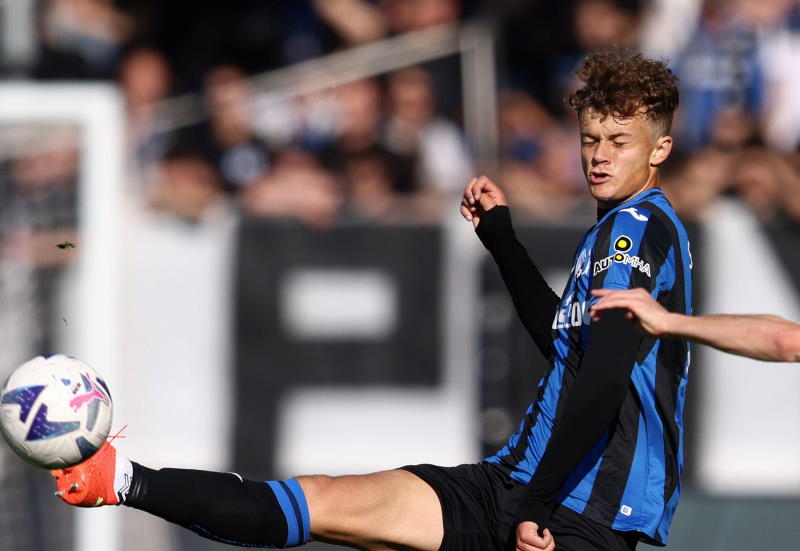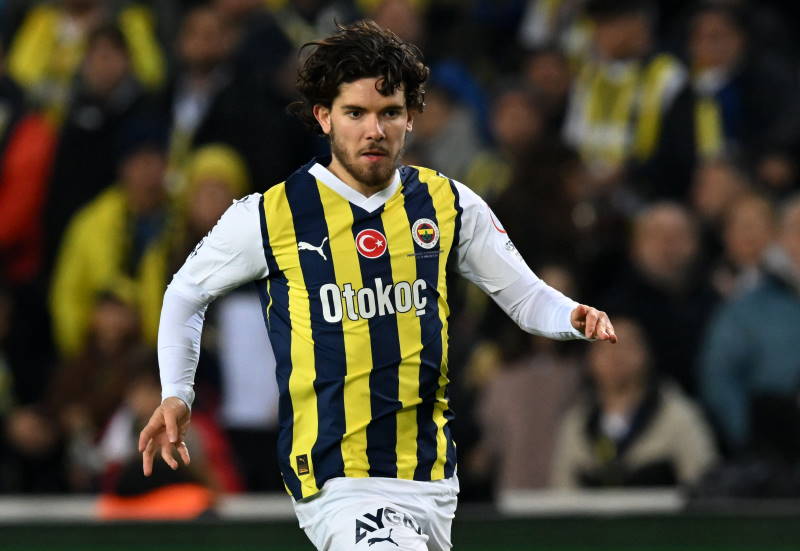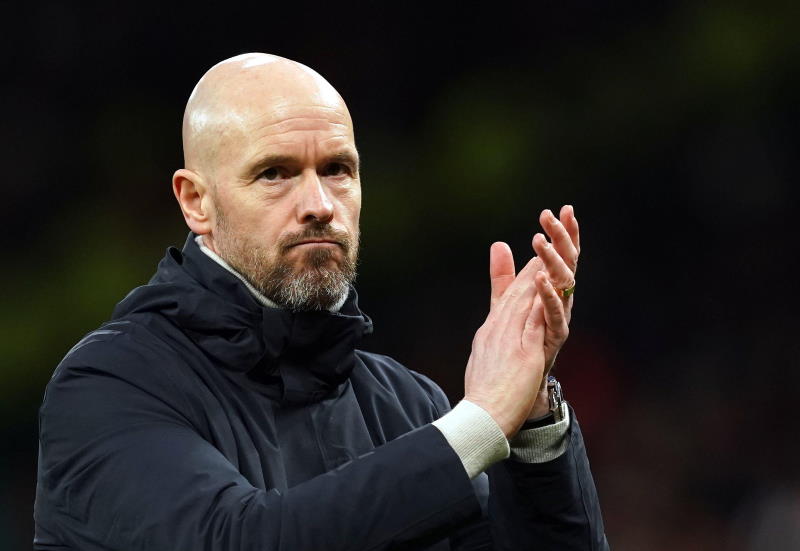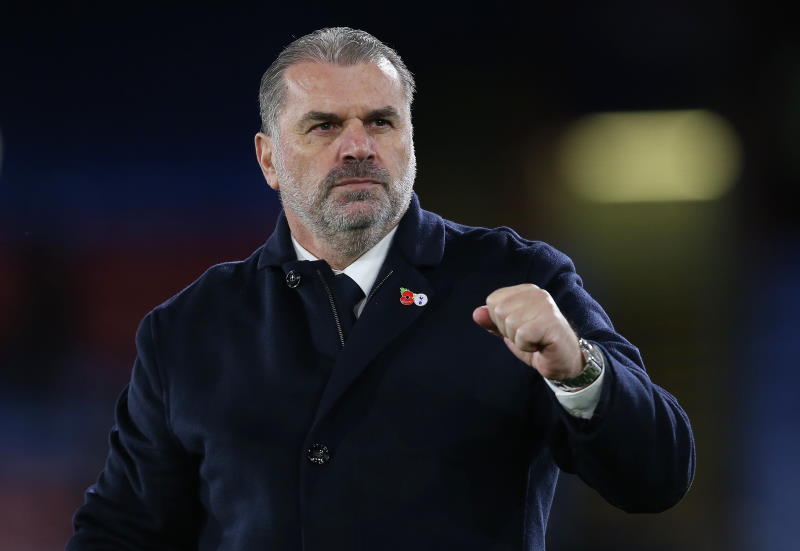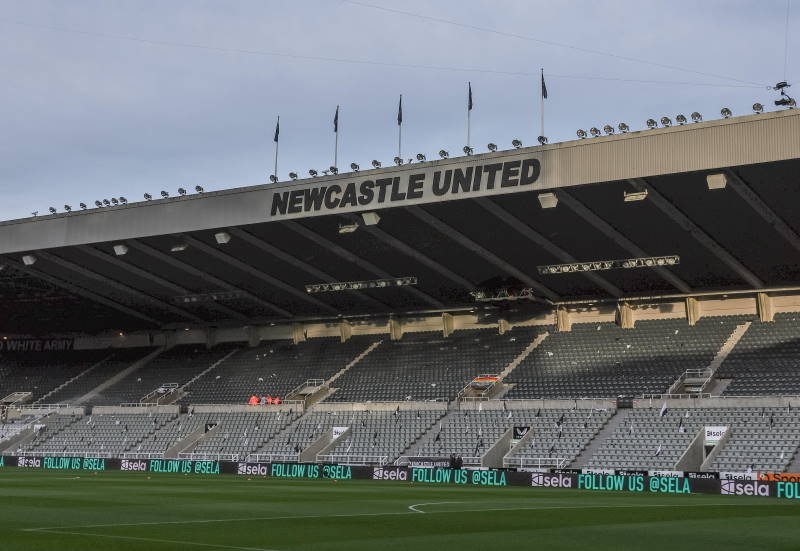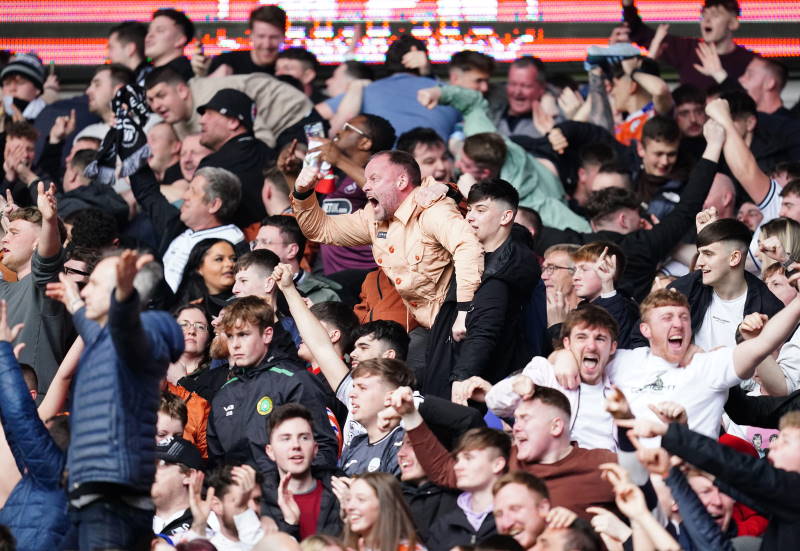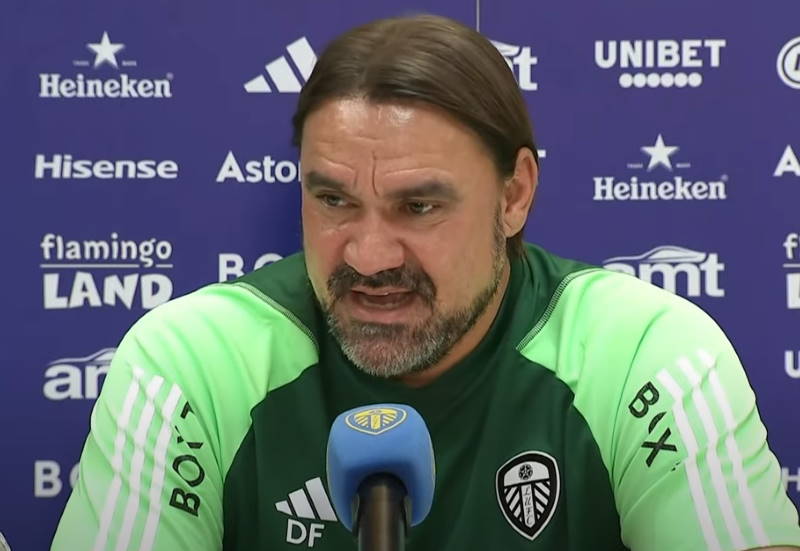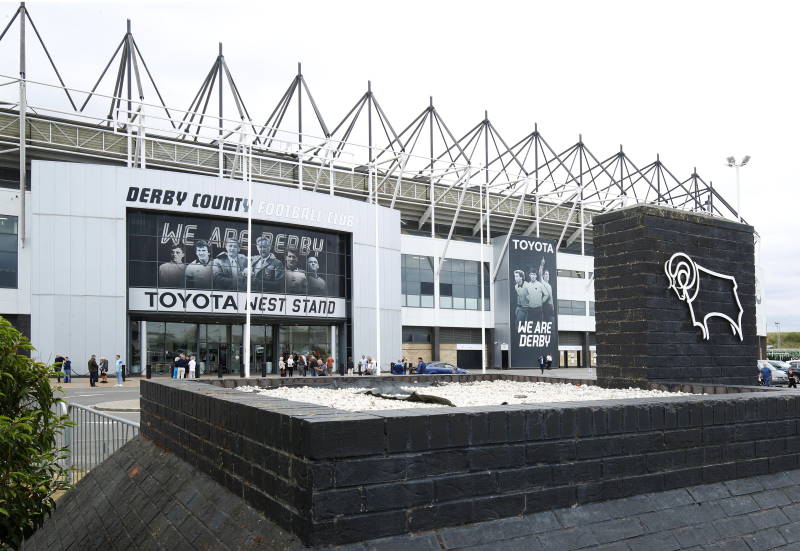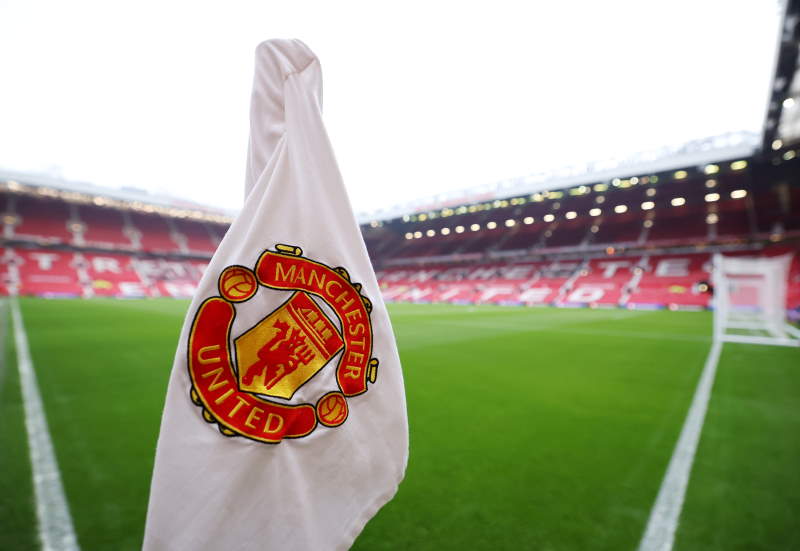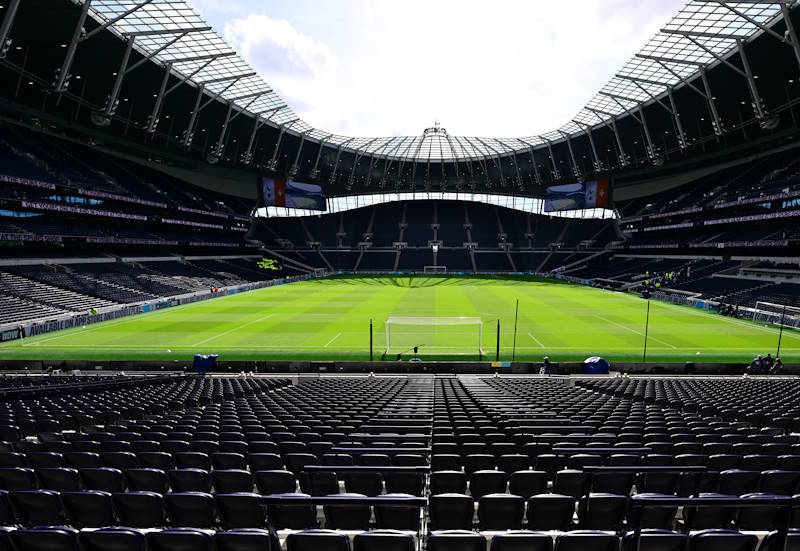
This has truly been an extraordinary summer for British sport; from Bradley Wiggins becoming the first Briton to win the Tour de France to an Olympic and Paralympic bonanza and tennis star Andy Murray’s maiden Major title, the first in 76 years for a British man, the old stereotype of the plucky losers with a stiff upper lip has been discarded for gold, glory and the celebration of God-given talent.
Across a range of sports, the general picture has been overwhelmingly positive. English cricket may have had a rough summer, but home and away Ashes triumphs and a spell as the number one side in the world are proof of sustained success in recent years; the Welsh rugby side won their third 6 Nations Grand Slam in 80 years off the back of a fine World Cup, but a resurgent England and flashes of talent from the other Home Nations should make the next instalment as fiercely competitive as ever; and the golfing world sees plenty of British names dominate, from Rory McIlroy and Luke Donald to Justin Rose, Ian Poulter and Darren Clarke.
If there is one area which has habitually let down the legions of fans, it is quite predictably international football; Chelsea’s remarkable plucky Champions League run put the club game on top once again. Scotland have failed to reach a major finals since 1998, while Wales’ wait goes back over half a century of good players, bad luck and ugly mismanagement. Most disappointing has of course been England, where the world’s dominant domestic league has not translated that to the international scene, as the ‘Golden Generation’ of English players have regularly flopped on the big stage. To think that the three consecutive quarter-finals for England achieved under Sven-Goran Eriksson were the highlights of such a star-studded side, rather than foundations for reclaiming their place as global powerhouses, shows the extent of the under-achievement.
Most of the key players in the squads from 2002 to the last tournament – Wayne Rooney, Ashley Cole, Rio Ferdinand, David Beckham, John Terry and the vastly underrated Frank Lampard – can at least console themselves with a bursting trophy room from club football, with a full complement of Premier League, FA Cup, League Cup and Champions League winners medals to stare at when they eventually retire. However, one of the most notable players of this era has seen the gradual decline of England on the international stage mirror the fortunes of his club, also once the greatest in the land but now in yet another transitional period, enviously looking up at their old perch now dominated by arrivistes and interlopers.
Steven Gerrard is captain of Liverpool and now England, a legendary player for both club and country famed for his passionate style, his exquisite range of passing and the ability to snatch victory from the jaws of defeat. Yet his personal trophy haul is relatively meagre for a player of such renown, consisting of two FA Cups, three League Cups, a UEFA Cup and a medal from that famous Champions League night in Istanbul in 2005.
Even in terms of individual honours Gerrard is largely undecorated, with a Football Writers’ Player of the Year Award for 2009, the Professional Footballers Association’s version in 2005 and a few other trinkets a poor substitute for repeatedly missing out on the missing Premier League title and disasters with England. With Liverpool now languishing out of the elite in England, never mind Europe, and new manager Brendan Rodgers preaching patience in his rescue mission, it looks unlikely the Anfield hero will have many opportunities to add to his collection – certainly the chance to fulfil his dream of returning the English league title, the one glaring hole in his illustrious CV, to one of its most frequent homes looks long gone.
Much of this will of course be down to his lifelong loyalty to Liverpool, which although severely tested in 2004 and 2005 by bids from Roman Abramovich’s Chelsea – at the time the only truly mega-rich club that jumped to the forefront of European football alongside the aristocrats – has remained steadfast as the Reds declined from Champions League finalists in 2007 and Premier League runners-up two years later to their current predicament, marooned on the fringes of the race for Europa League football.
Had he moved to Stamford Bridge it is almost certain that Gerrard would have won the Premier League, especially considering Chelsea’s continued presence at the summit of European football and with ‘The Special One’ in charge, who knows what may have happened? Maybe Mourinho could have found a solution to the Gerrard-Lampard conundrum, helping not only Gerrard’s club trophy haul, but possibly ending England’s agonising wait for more international success. Then, given the lesser degree of loyalty he would have felt to his new employers, with the true heartstrings to Liverpool broken, Gerrard might have even headed abroad – Steve McMananman decamped to Real Madrid and won a sackful of trophies, so there would be a precedent.
Such counterfactual contemplation may be interesting, but looking at the bald facts of Gerrard’s surprisingly low medal haul compared to his reputation does paint a curious picture, not only of the Liverpool icon but English football in the age of the Premier League.
Despite his status as a one-club man – something usually guaranteed to earn a player the respect of all fans – the nature of the negotiations around the time of Chelsea’s interest, and particularly the suspicion that only Liverpool acceding to his wage demands convinced him to stay, Gerrard is not universally popular, an odd situation for at times England’s most effective performer. He may pass and shoot very well, not to mention tackle better than fellow English midfield maestro, the enigmatic and trophy-laden Paul Scholes, but the accusations of selfishness have lingered – for every one-man mission to avoid defeat there have been several showboating displays of futile opposition, of Hollywood passes to no one or ‘doing a Cristiano Ronaldo’ and shooting on sight rather than trusting his team-mates. Indeed, the flip-side of his energetic, box-to-box style has been a perceived tactical insubordination, pushing forward when he should be sitting back, an individualistic tendency that means Gerrard + Lampard does not equal Xavi + Andres Iniesta, Andrea Pirlo + Gennaro Gattuso or even Gilberto Silva + Kleberson when it has come to the World Cup or European Championships.
In this way, perhaps it could be argued that rather than Eric Cantona, Dennis Bergkamp, Beckham, Thierry Henry or Cristiano Ronaldo, it is Gerrard who is the player who best symbolises the Premier League era in English football – undoubtedly talented, known worldwide and richly rewarded, but with a nagging unease and a sense of under-achievement, of ego and aggrandisement, derailing the ‘Golden Generation’. A Bryan Robson-esque redemption for the veteran may still be on the cards, but with Liverpool at their current low ebb such a lofty ambition would look like delusion. After the best summer in British sporting history, from Mo Farah to Ellie Simmonds and Dan Lydiate to Andy Murray, the recent rush of glory makes that fateful statement seem a touch rash.

